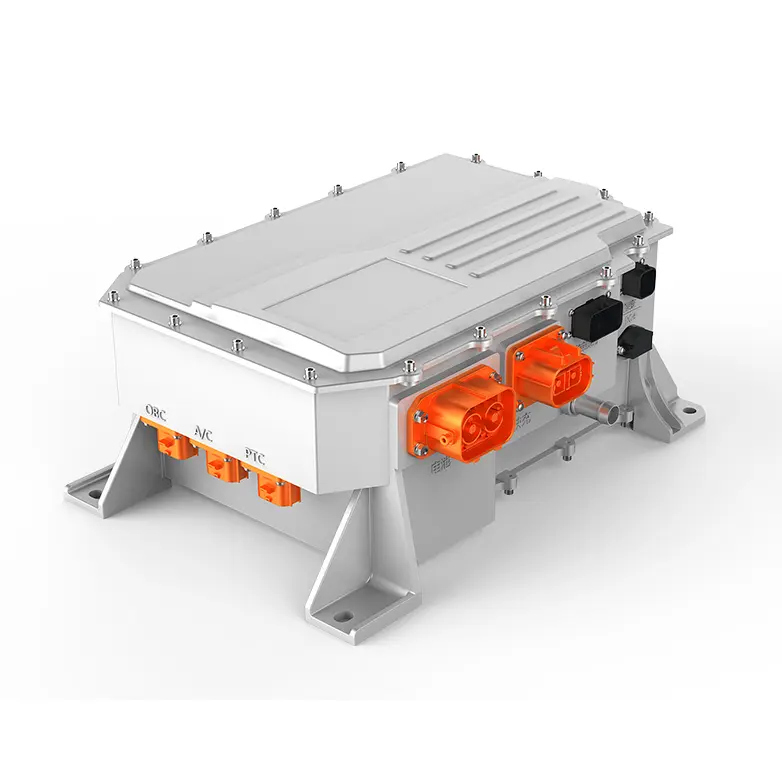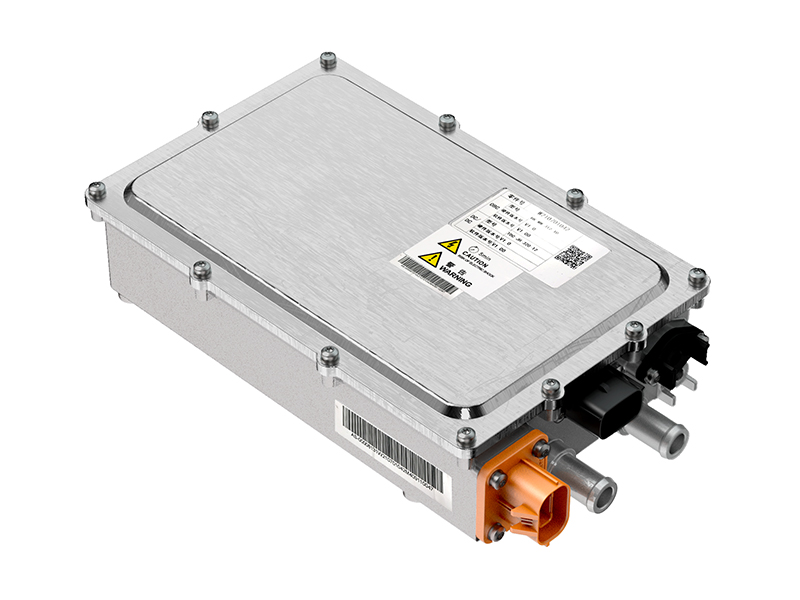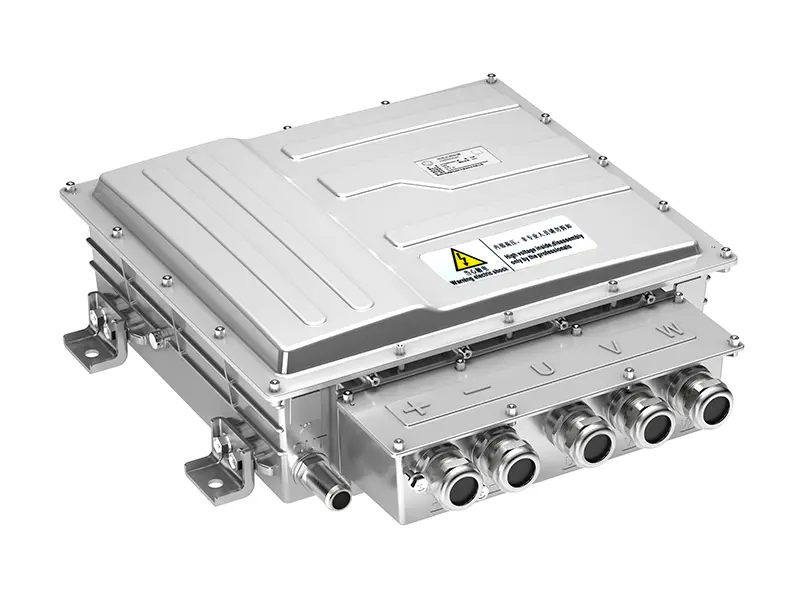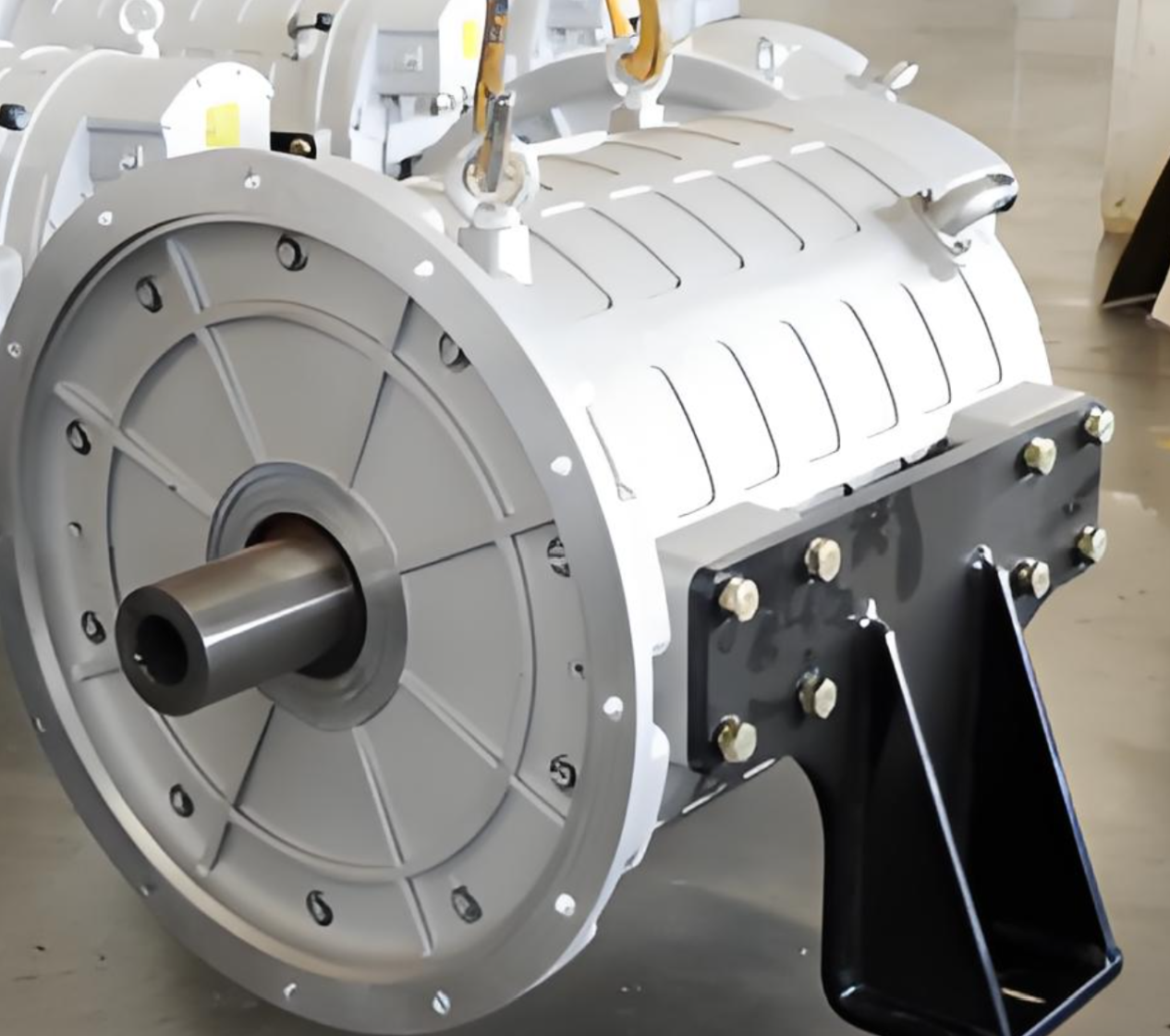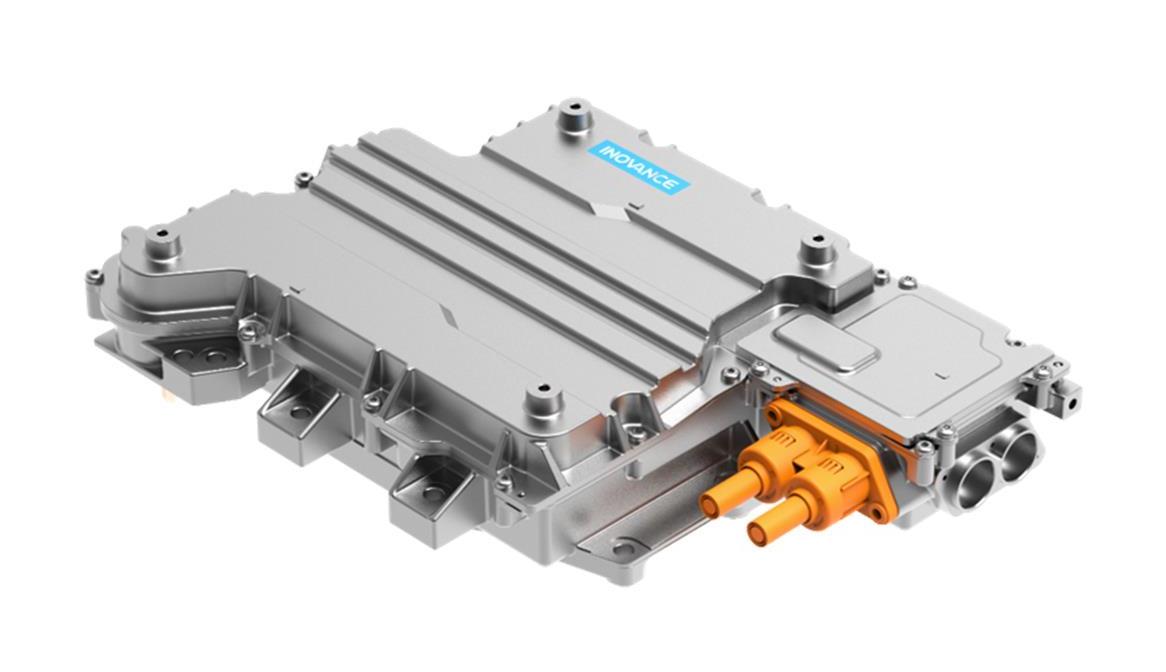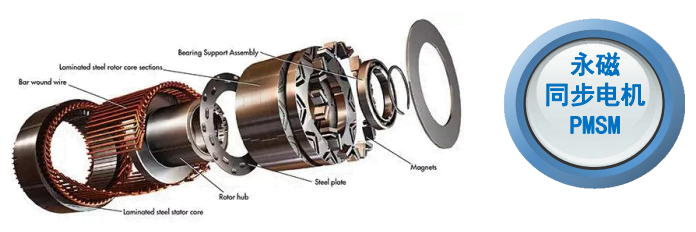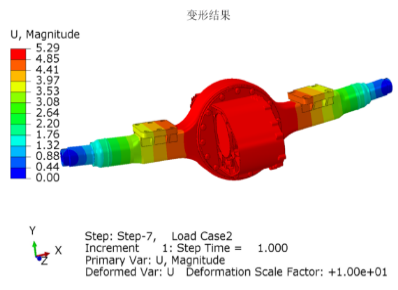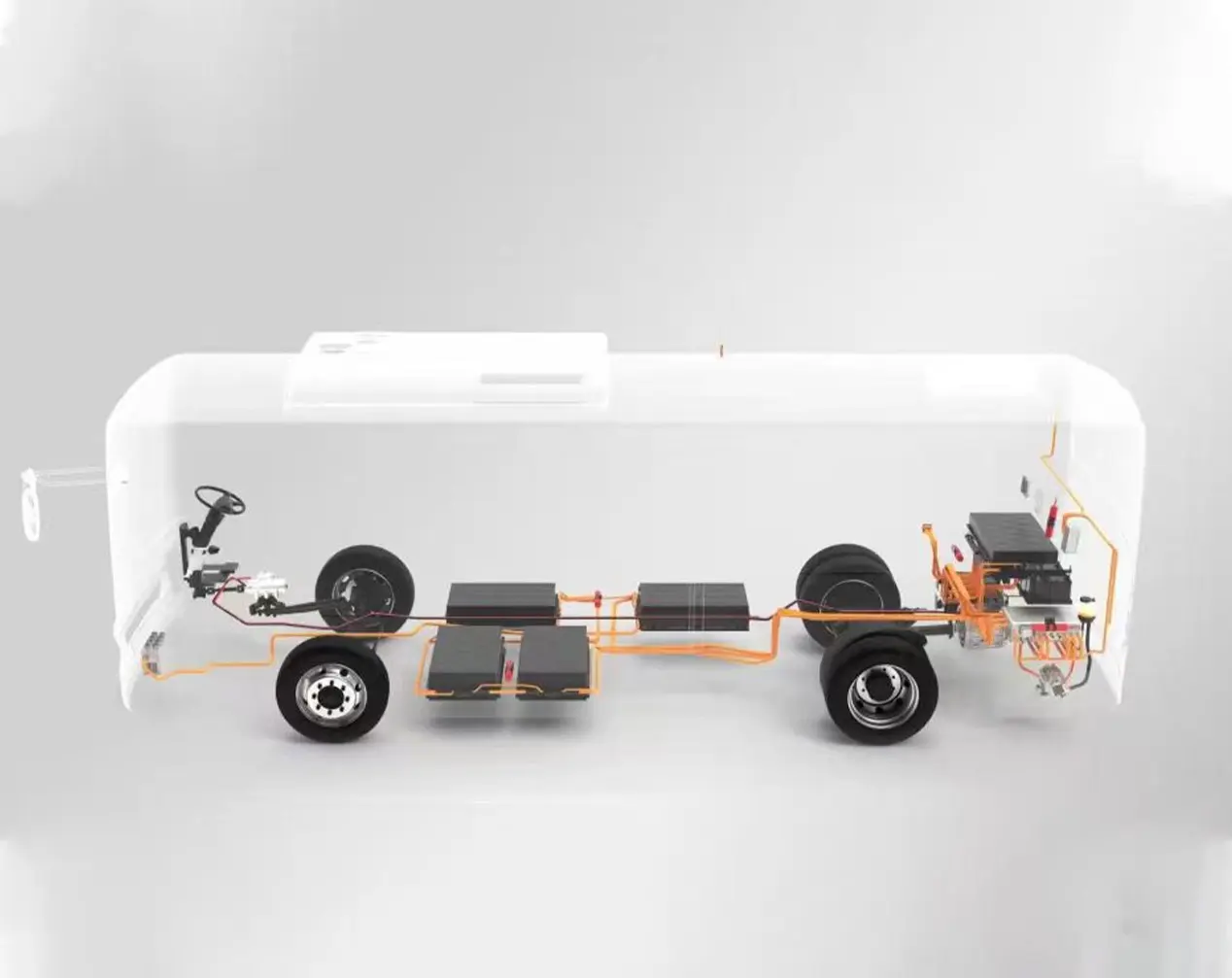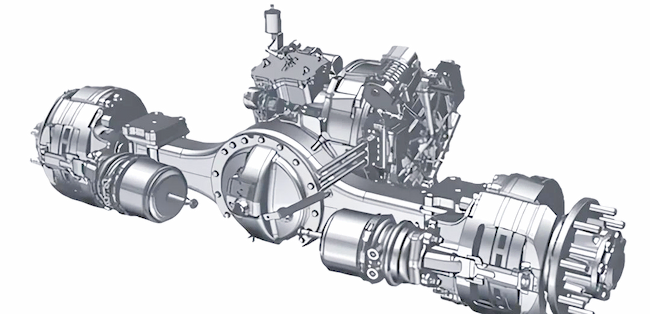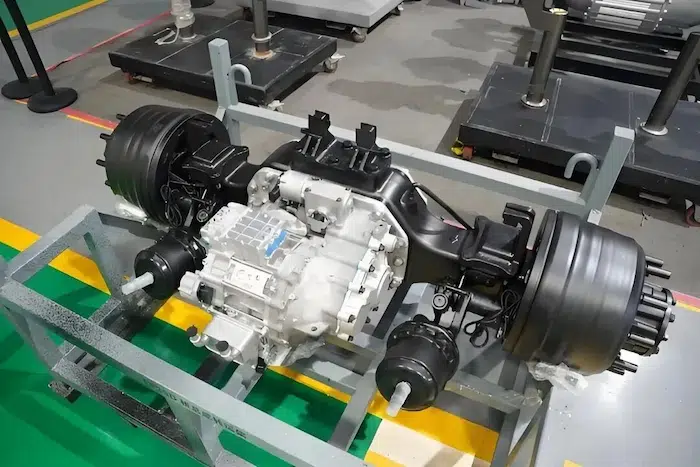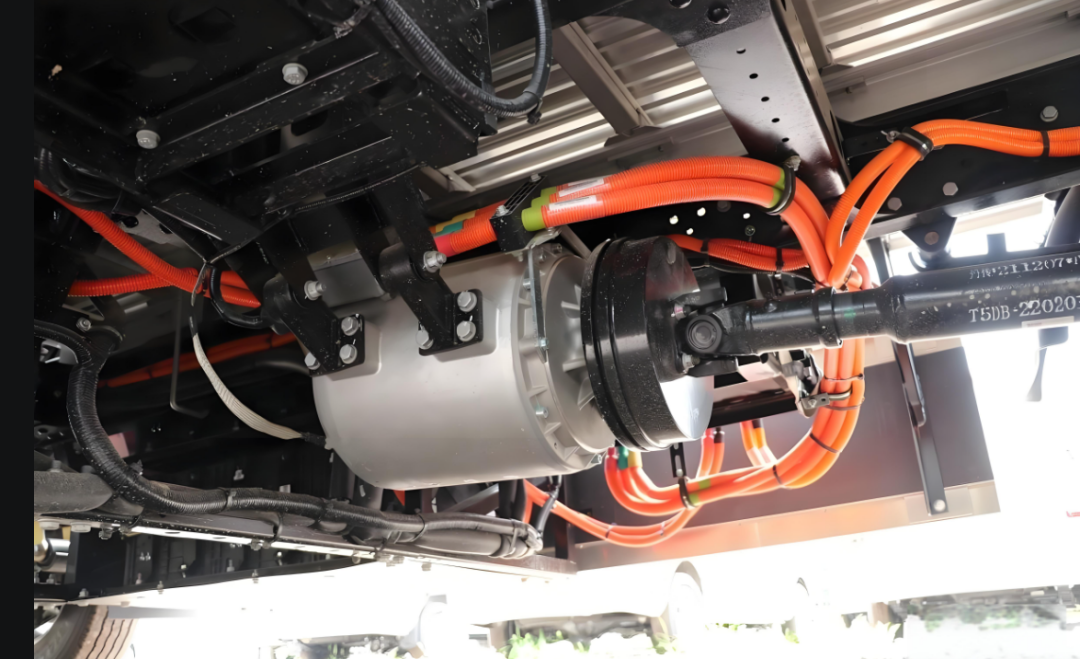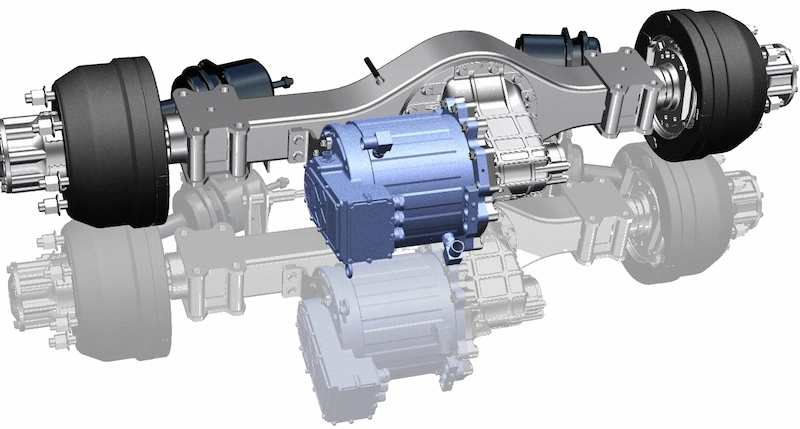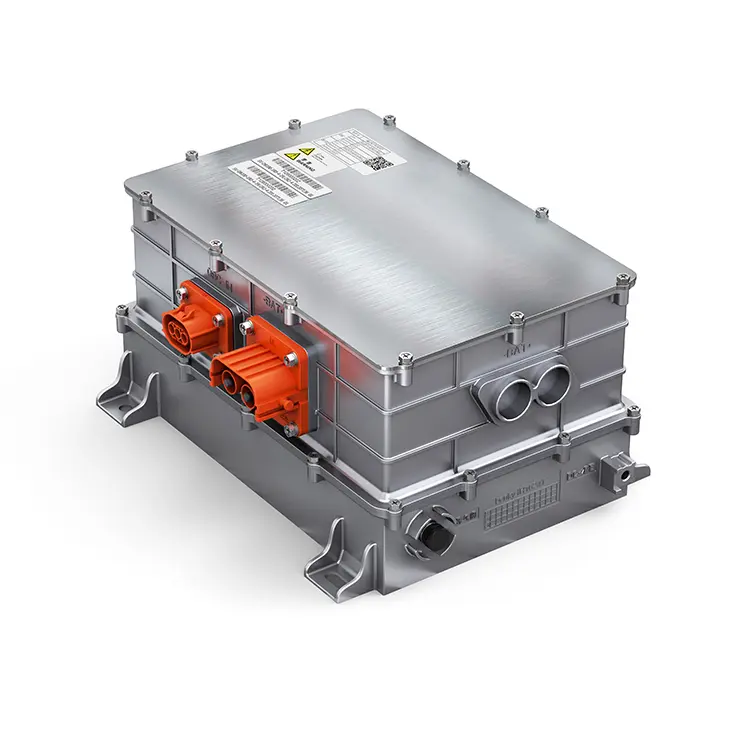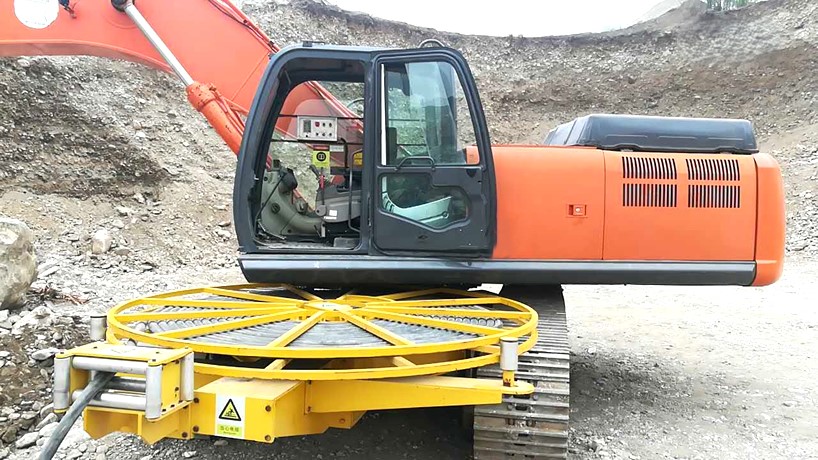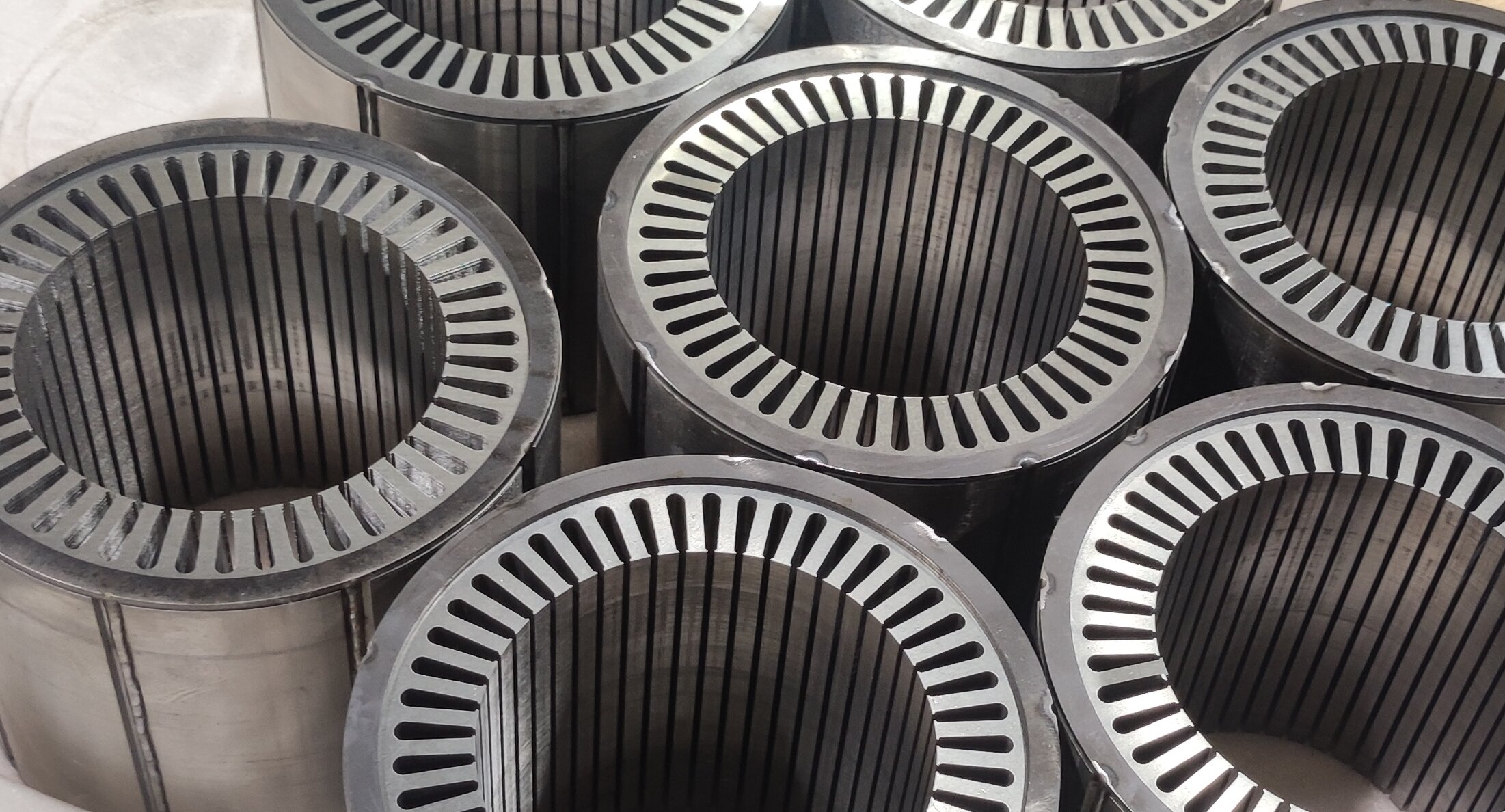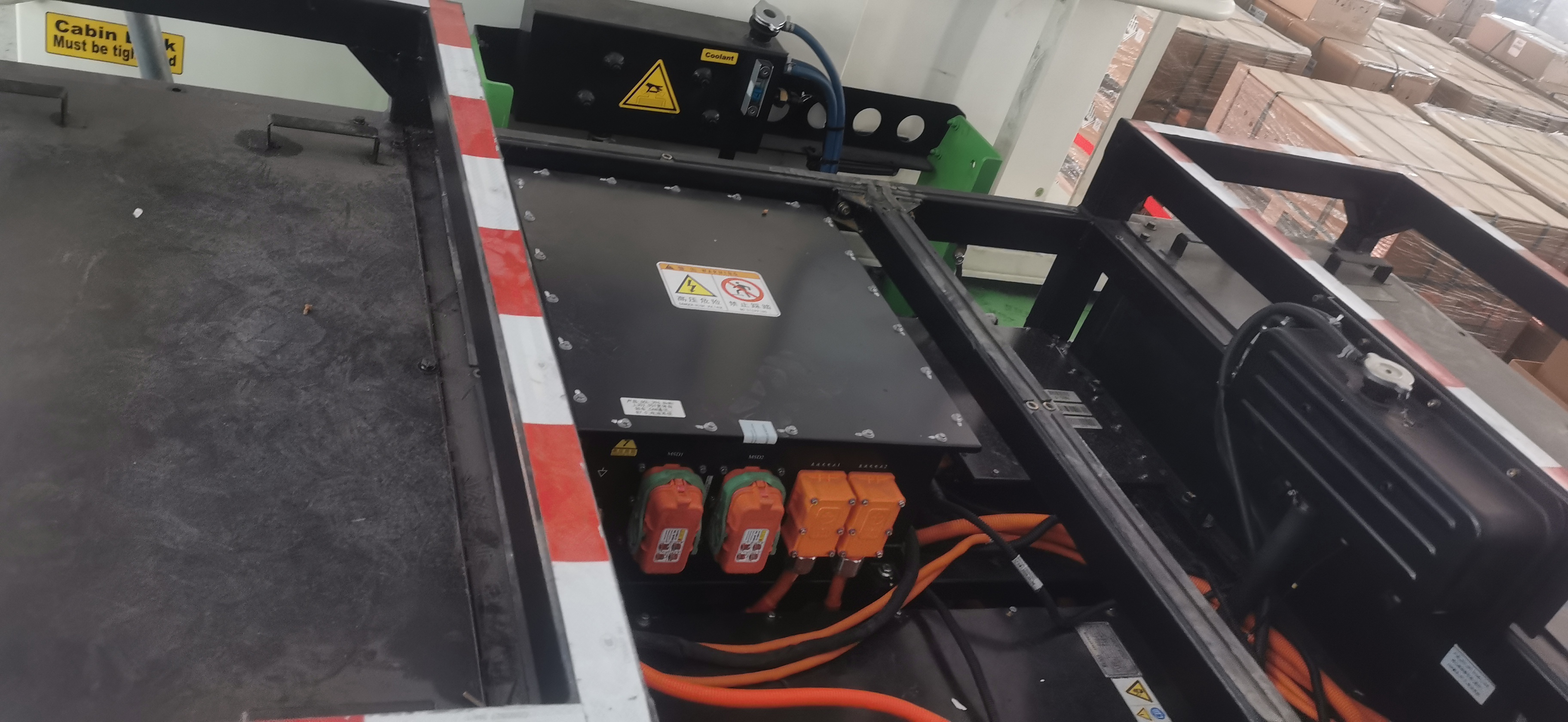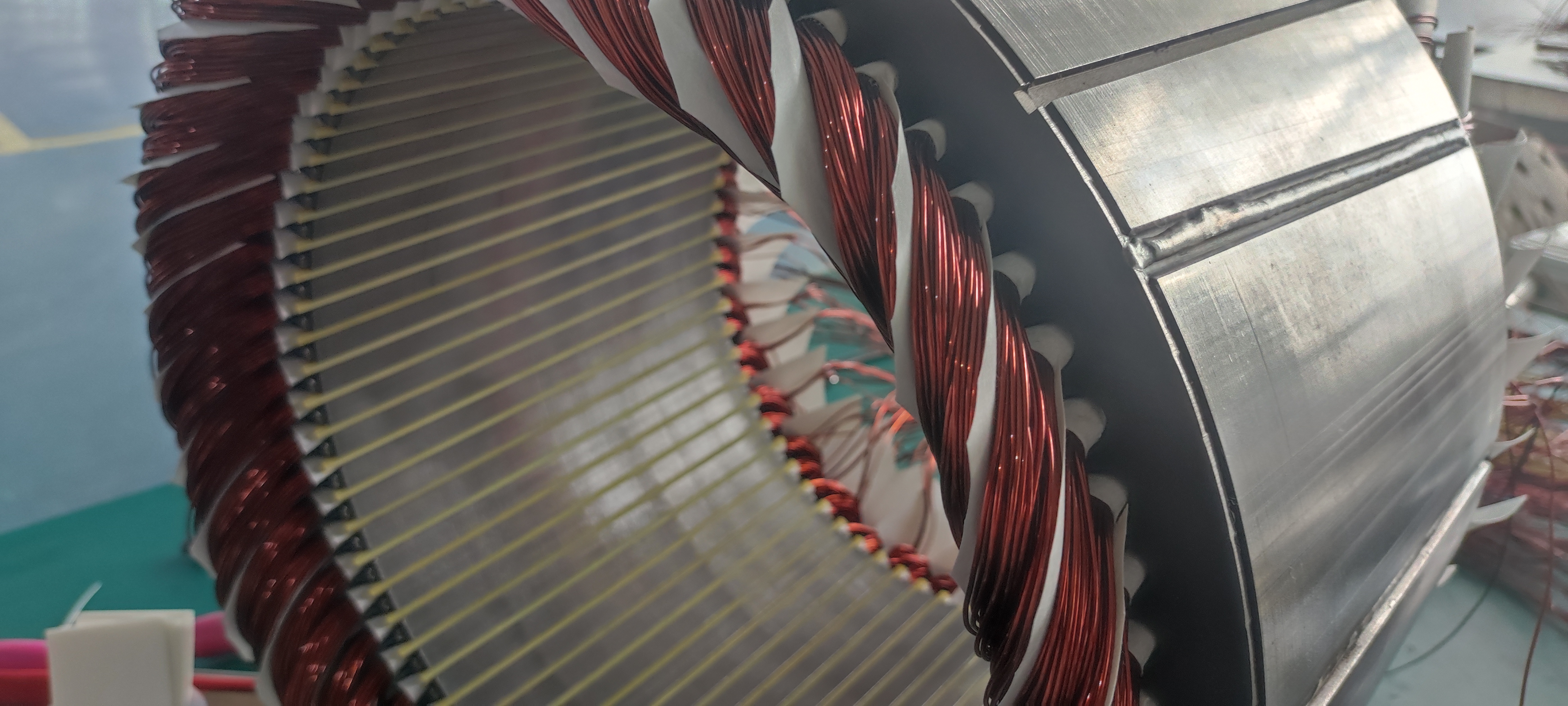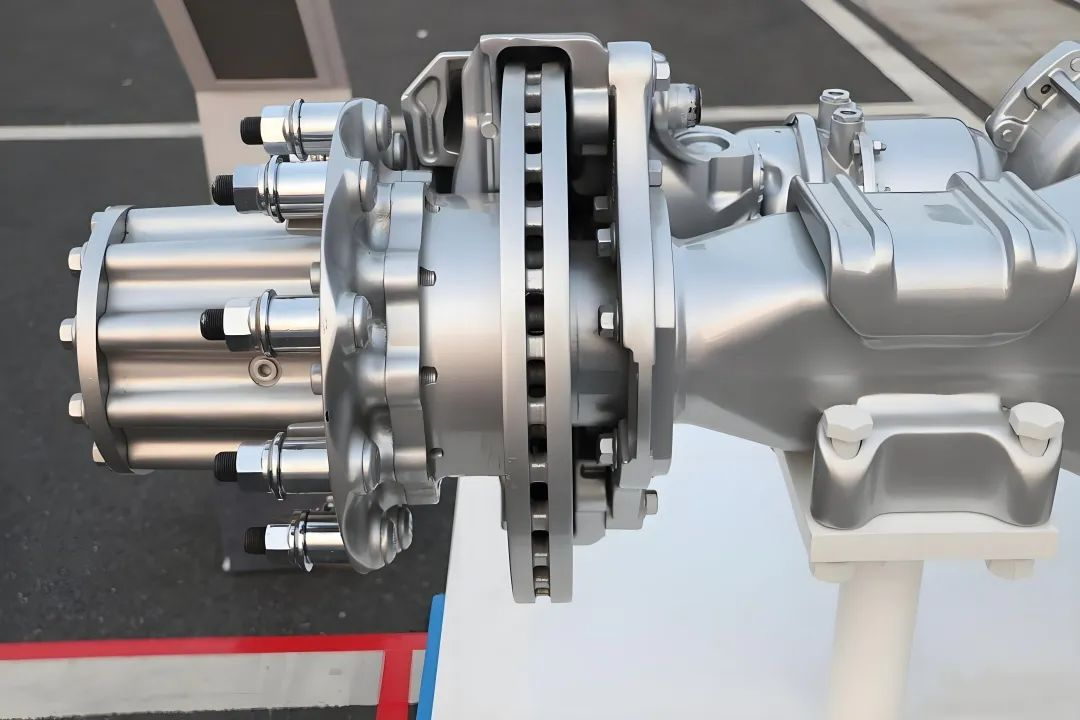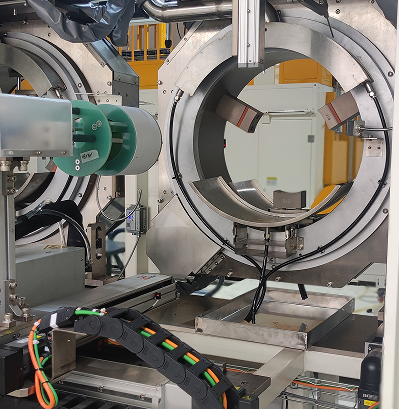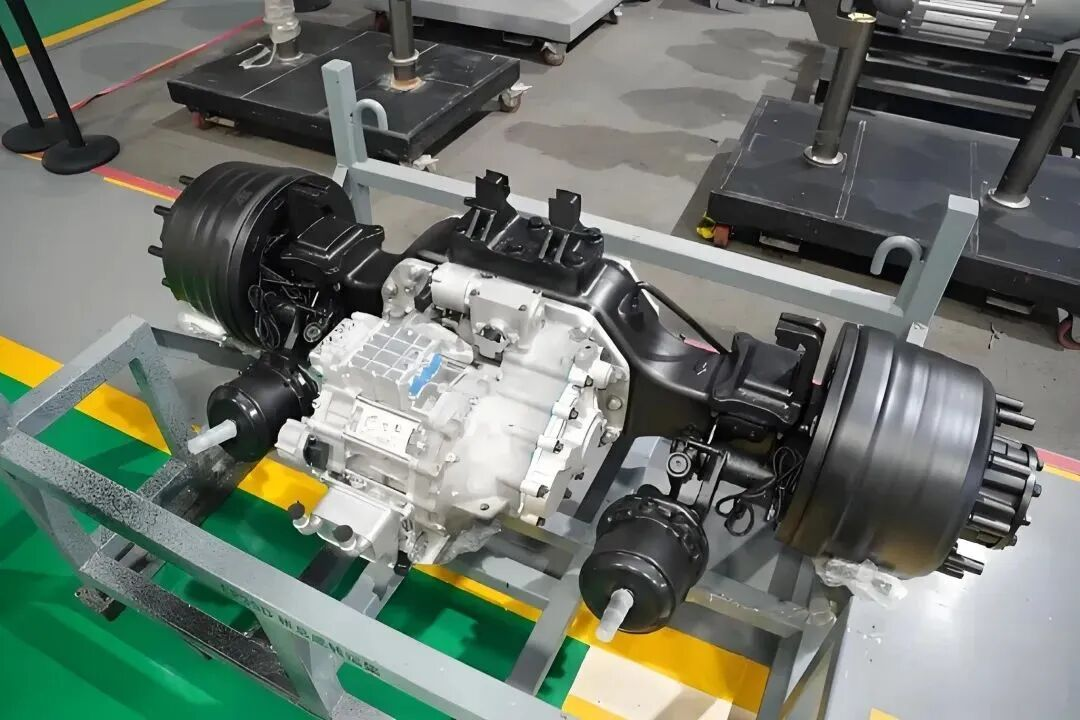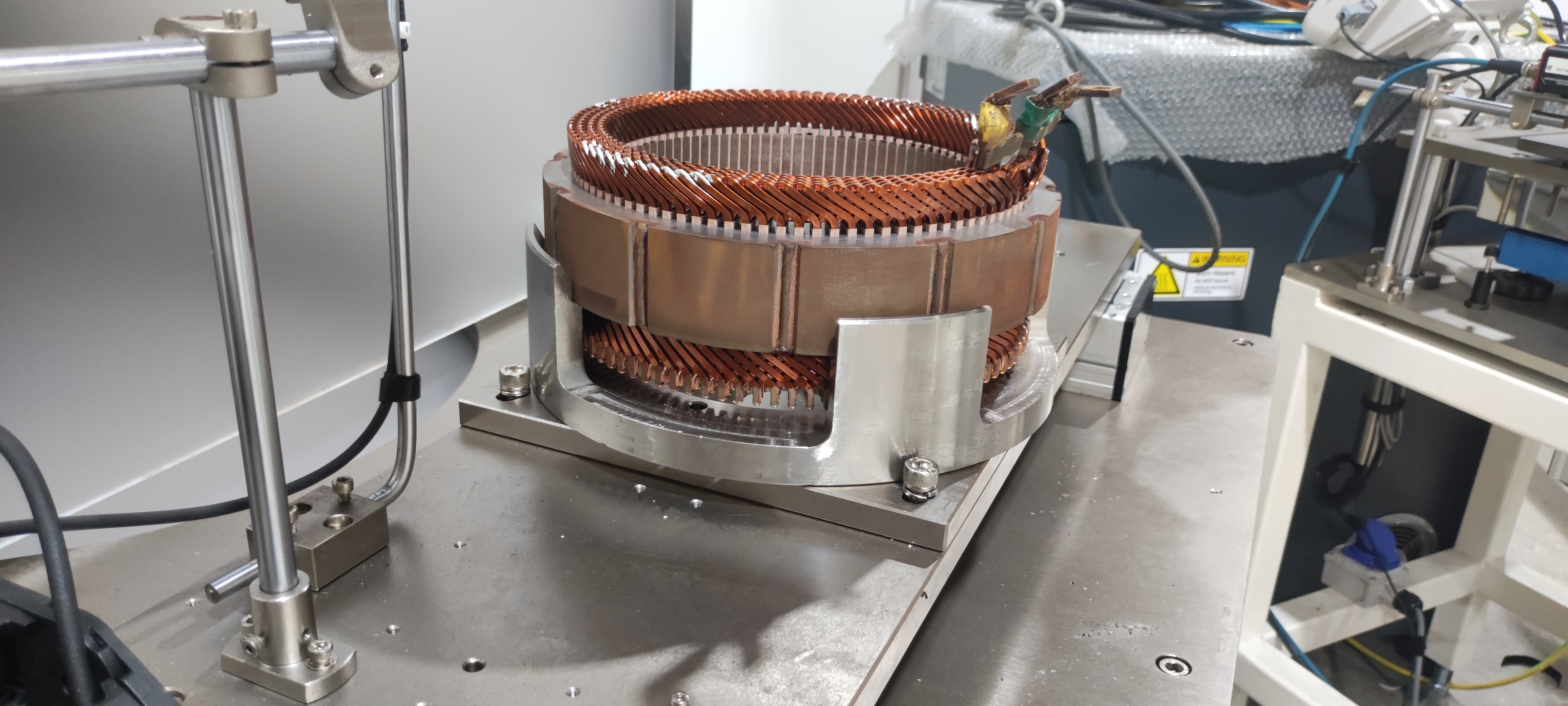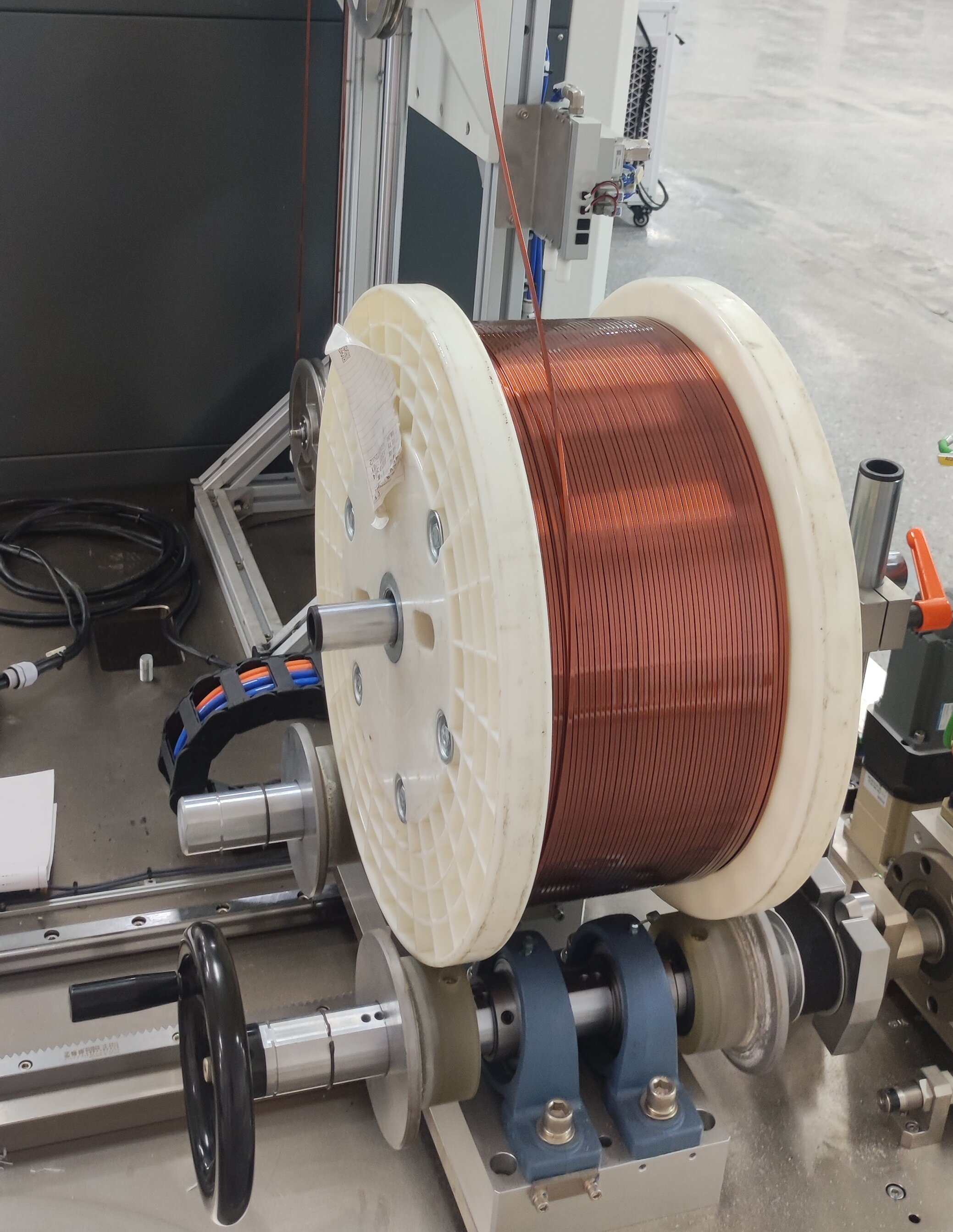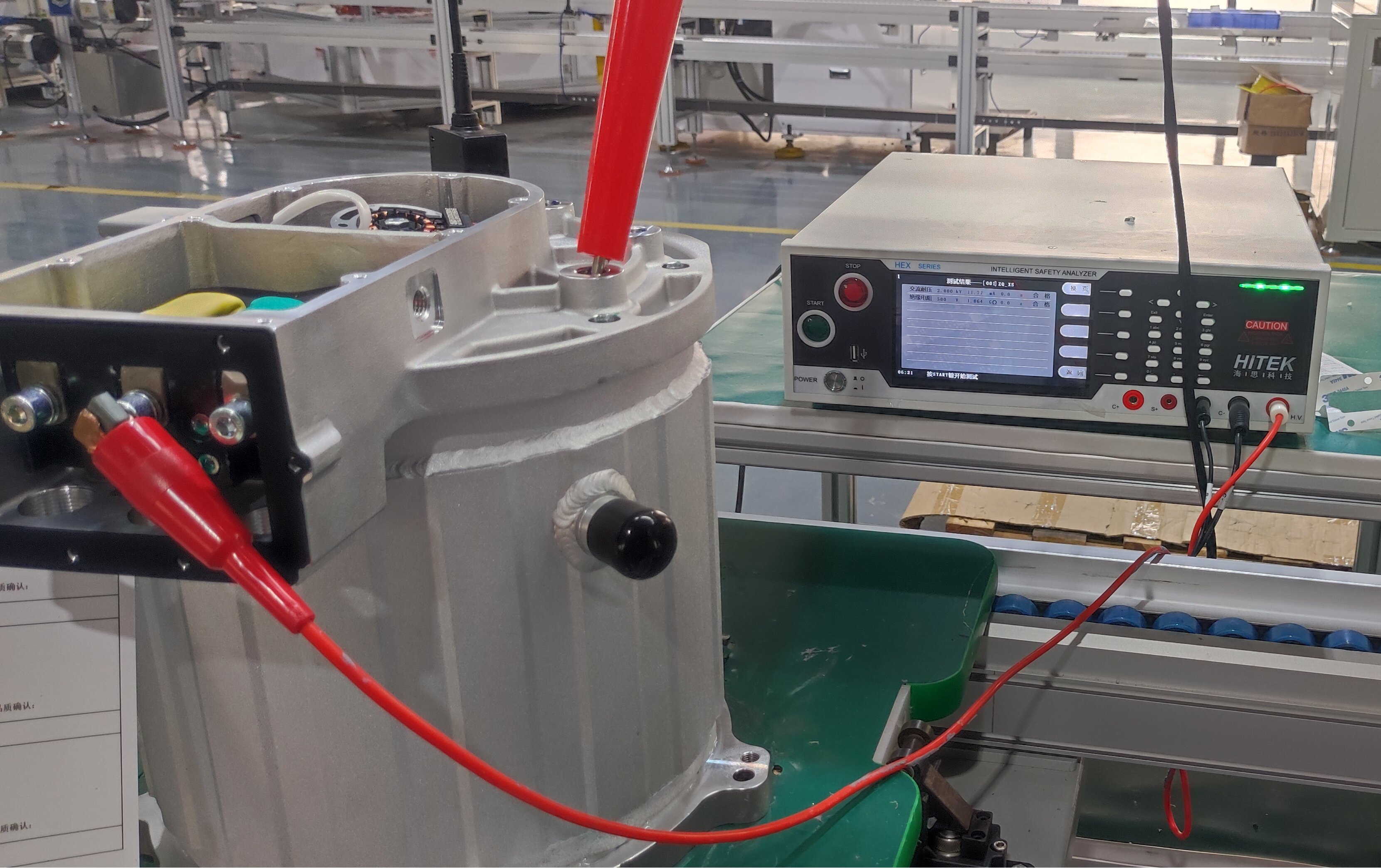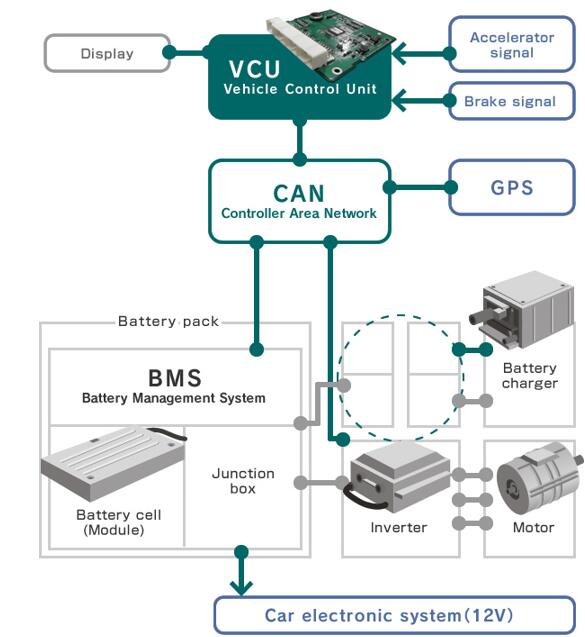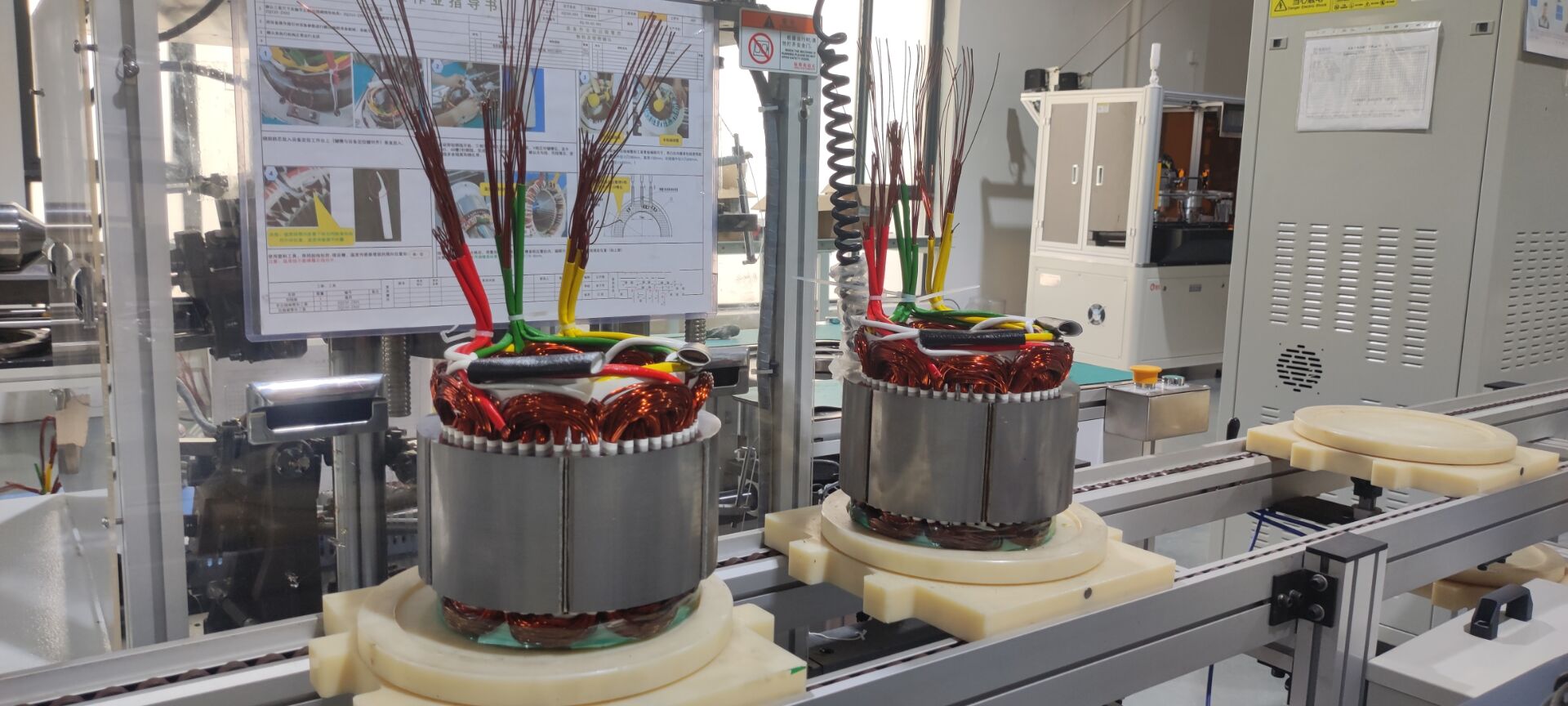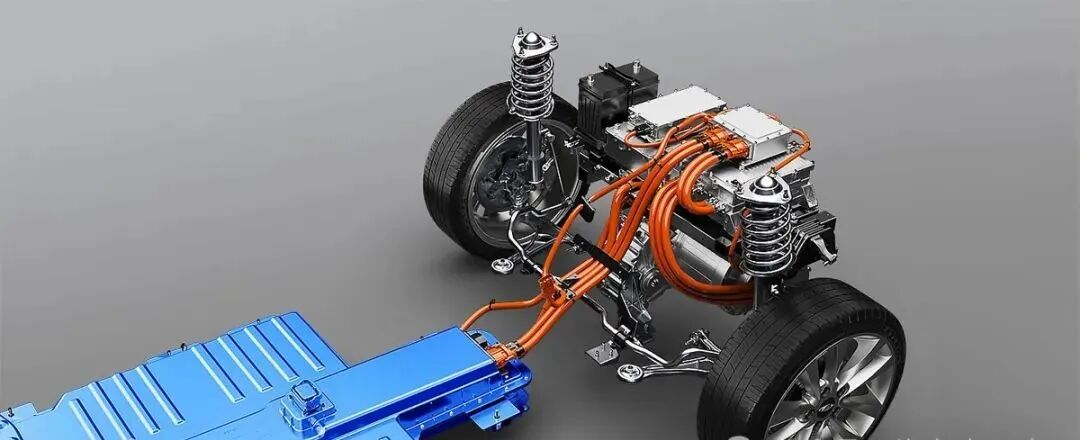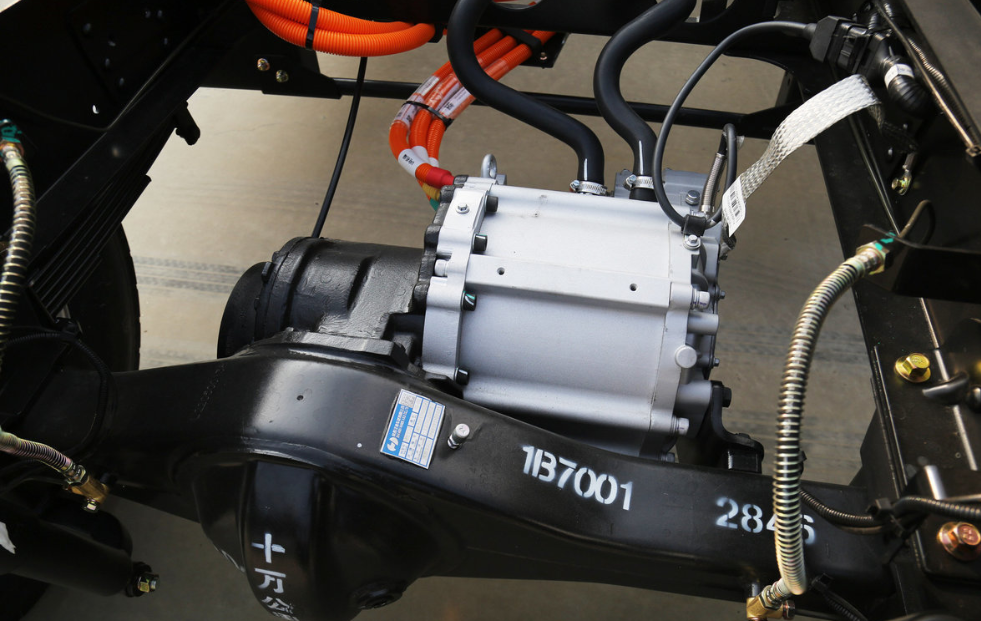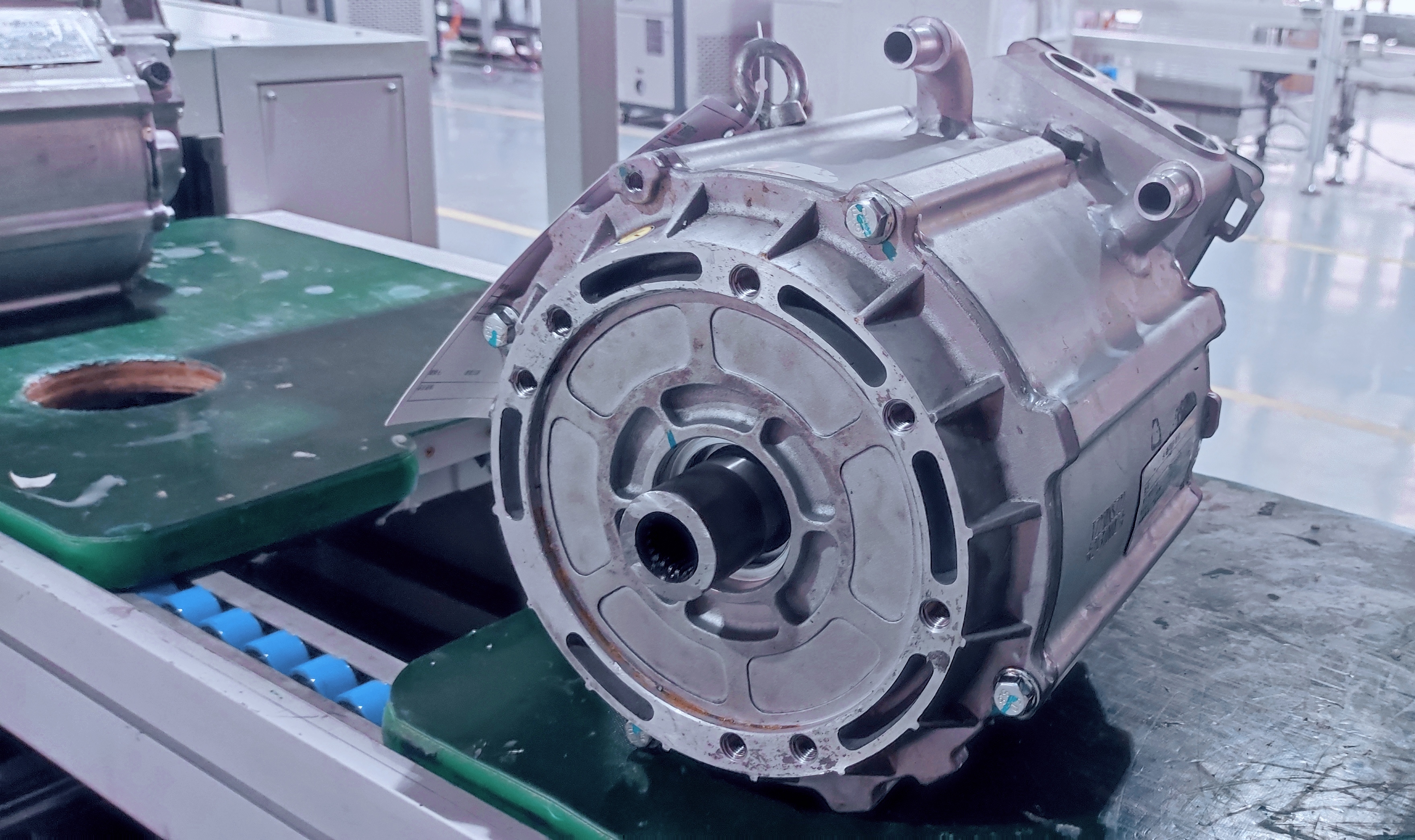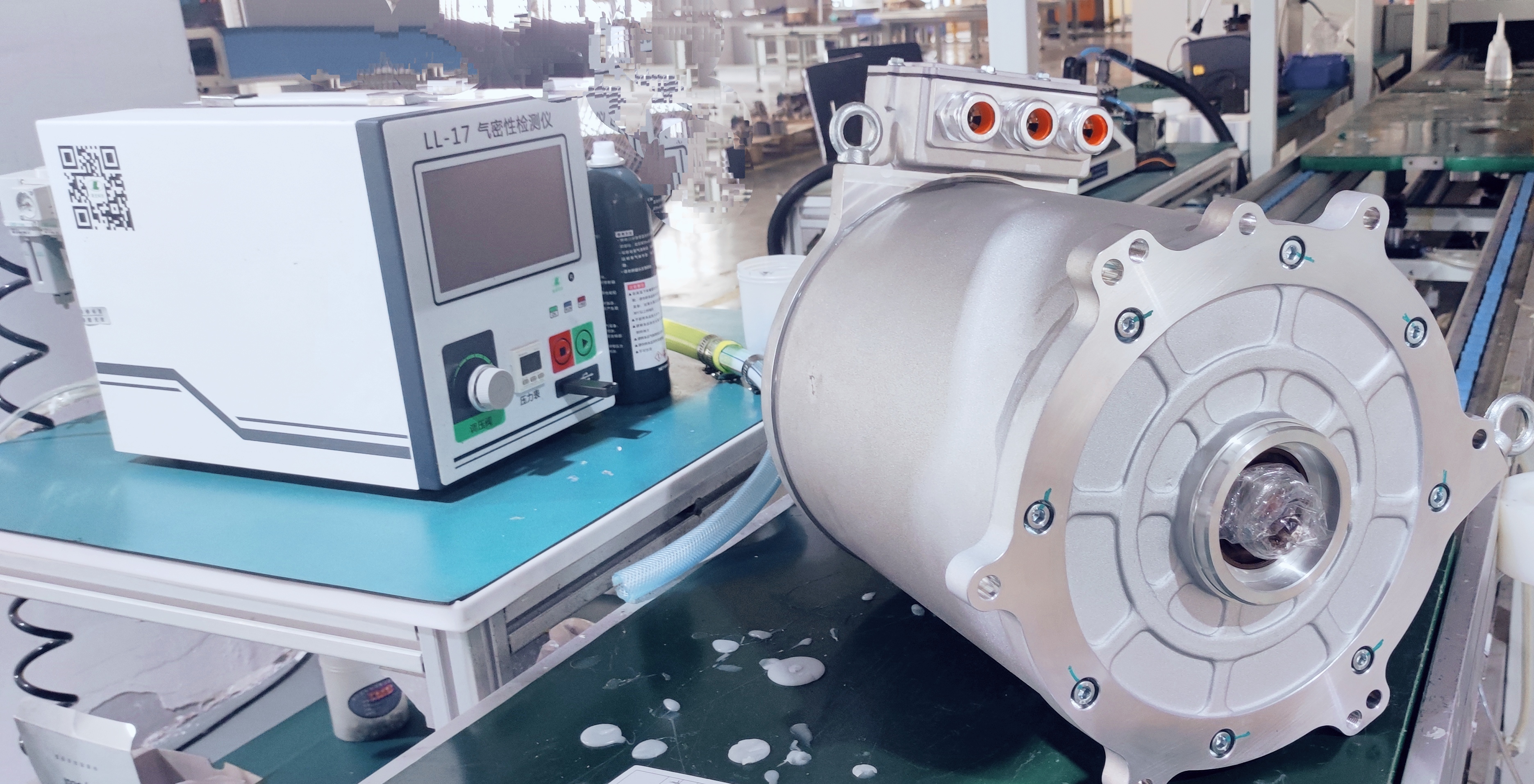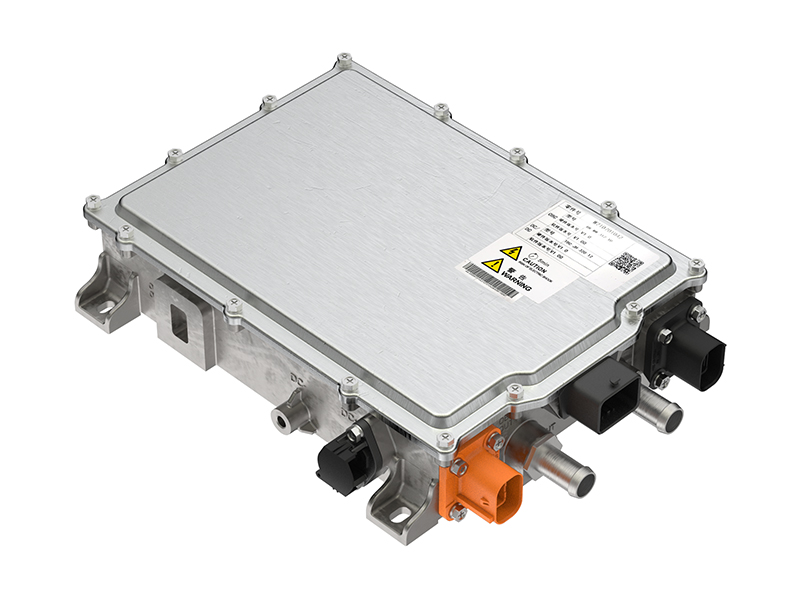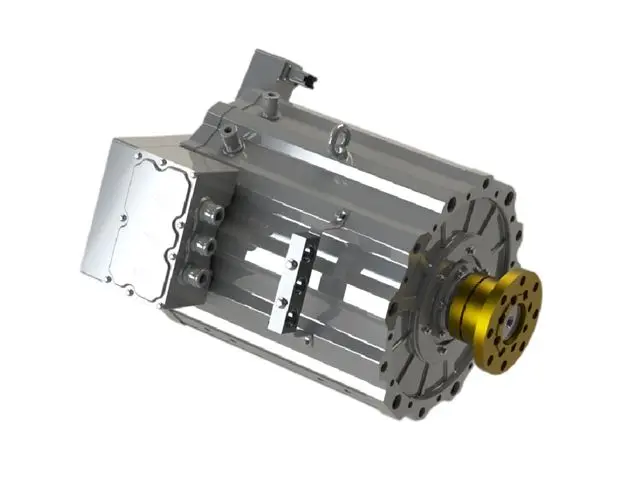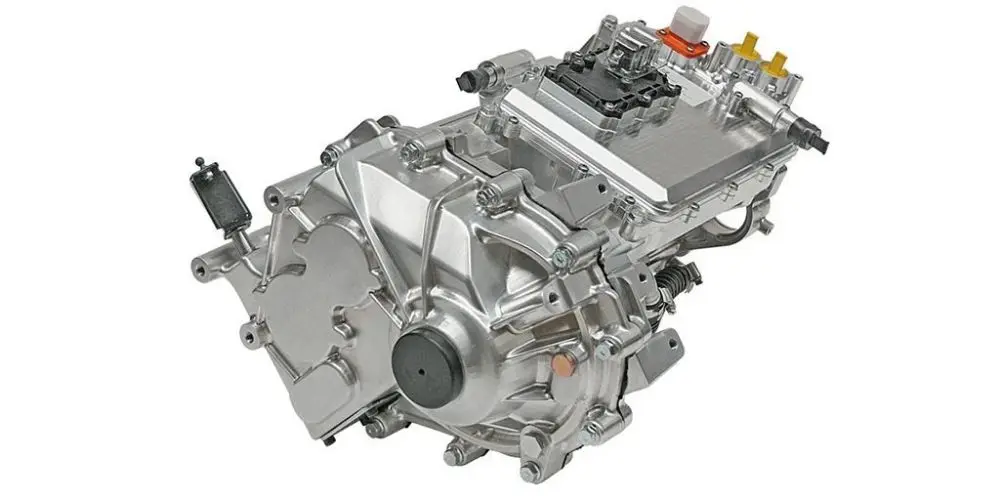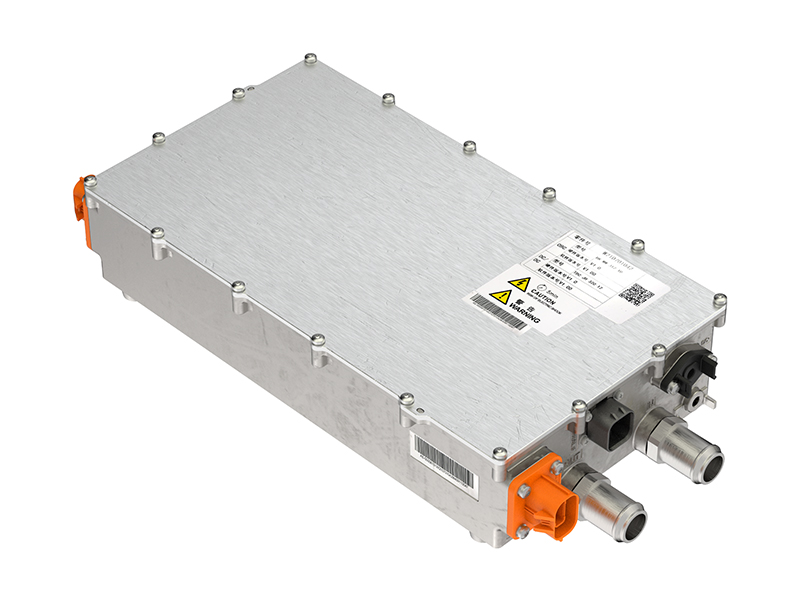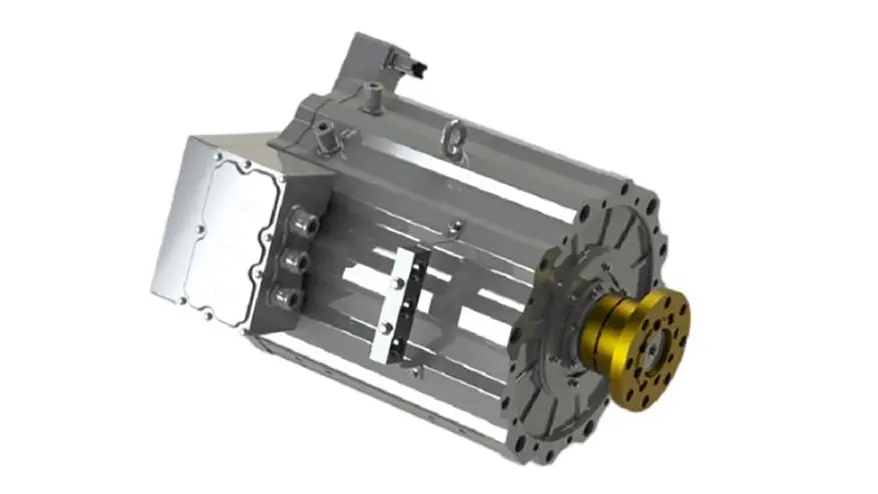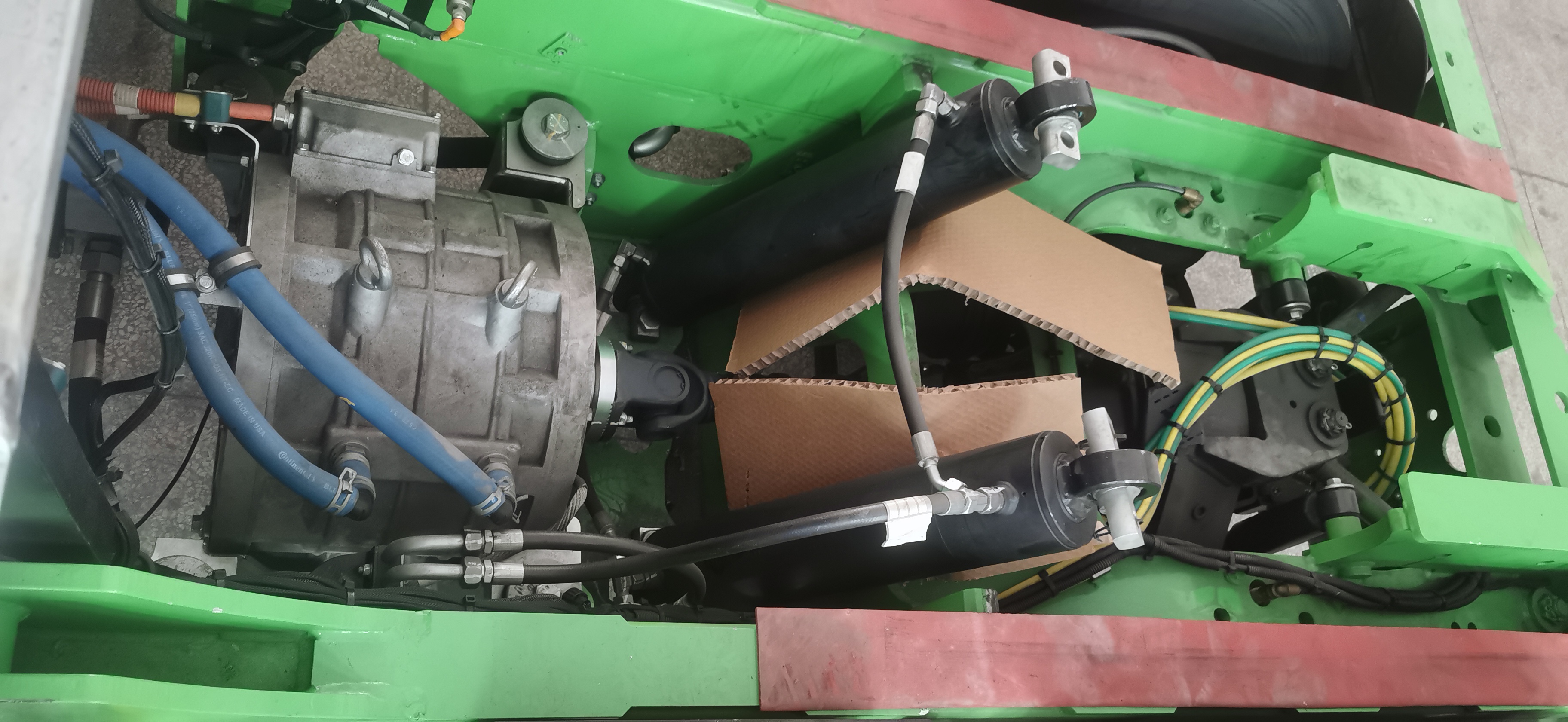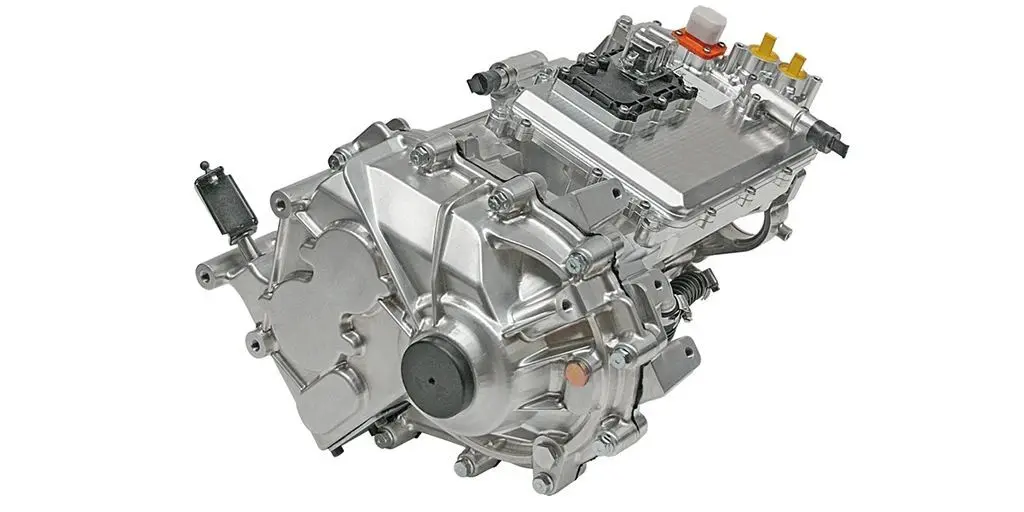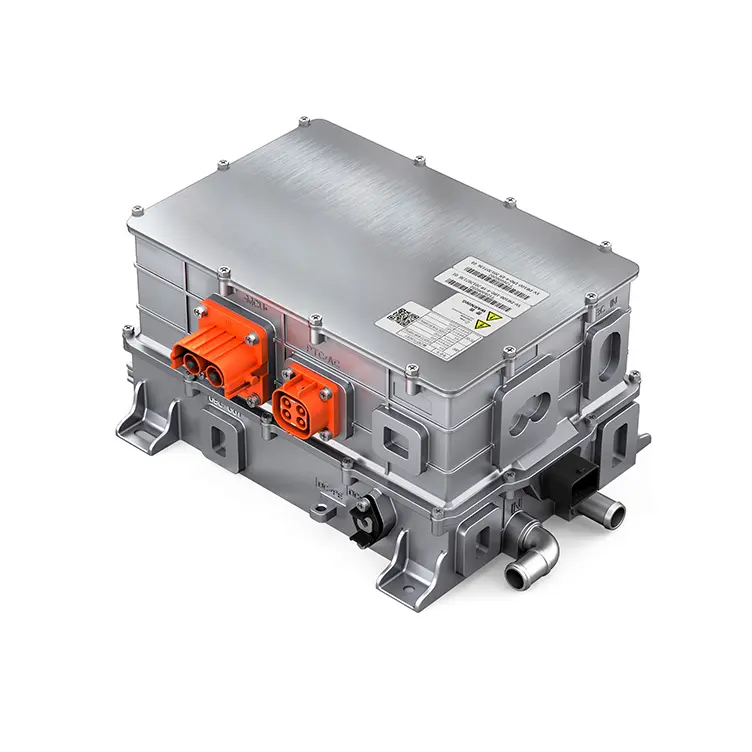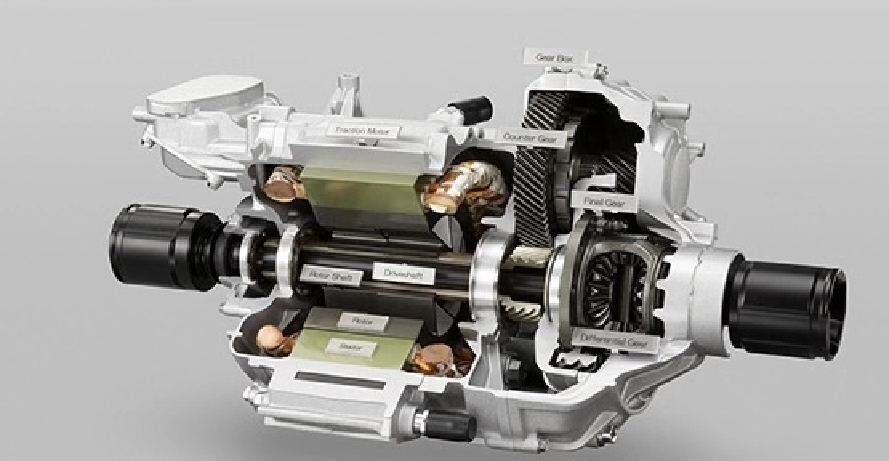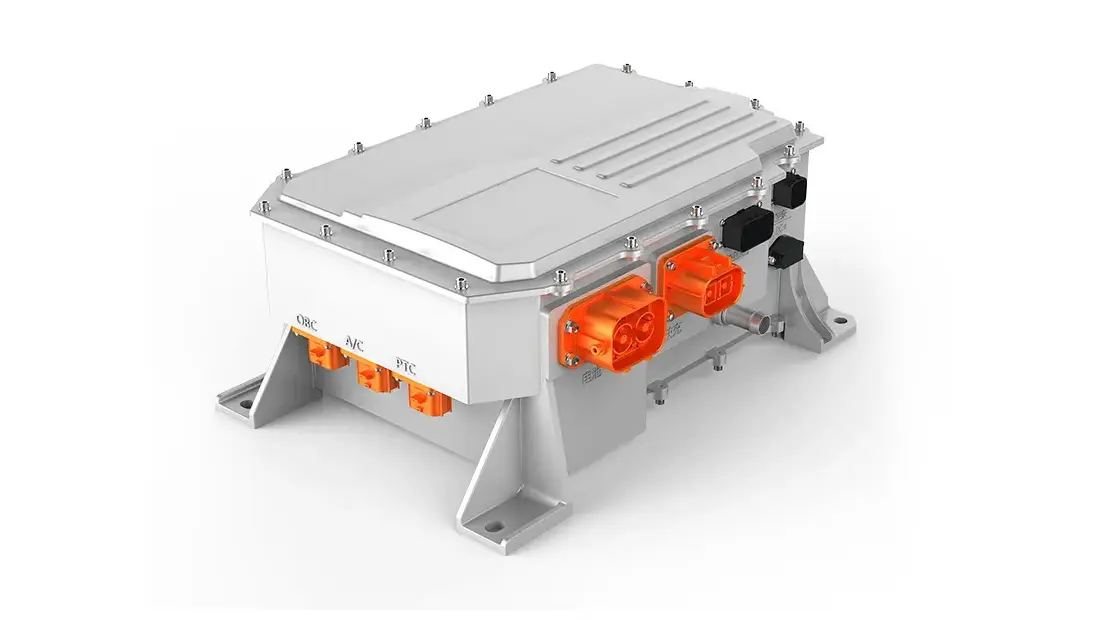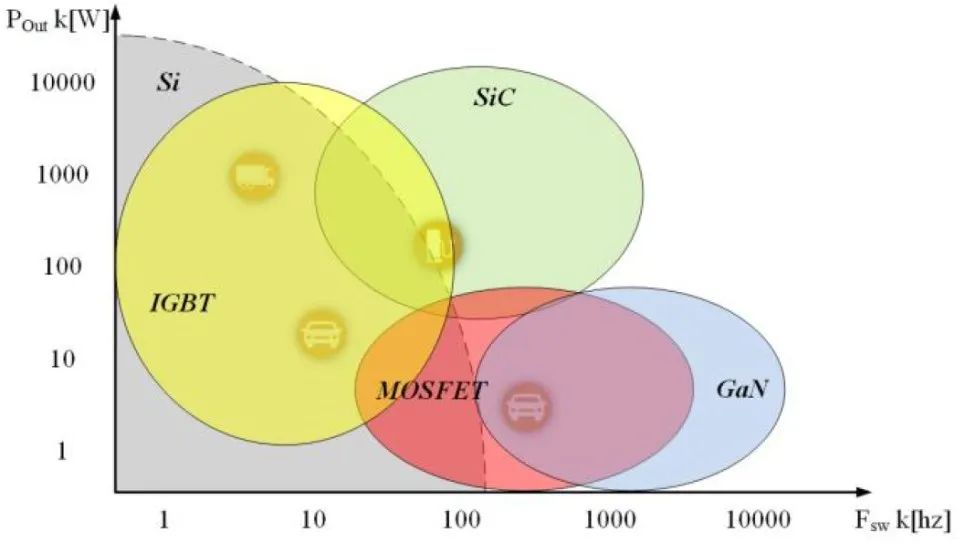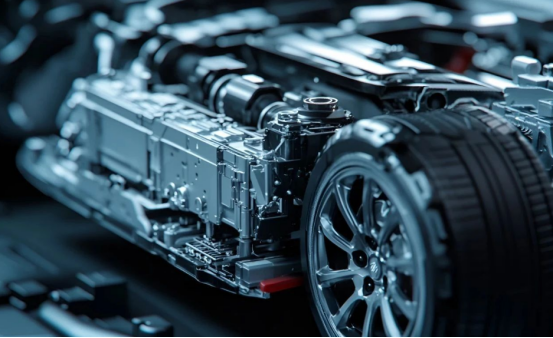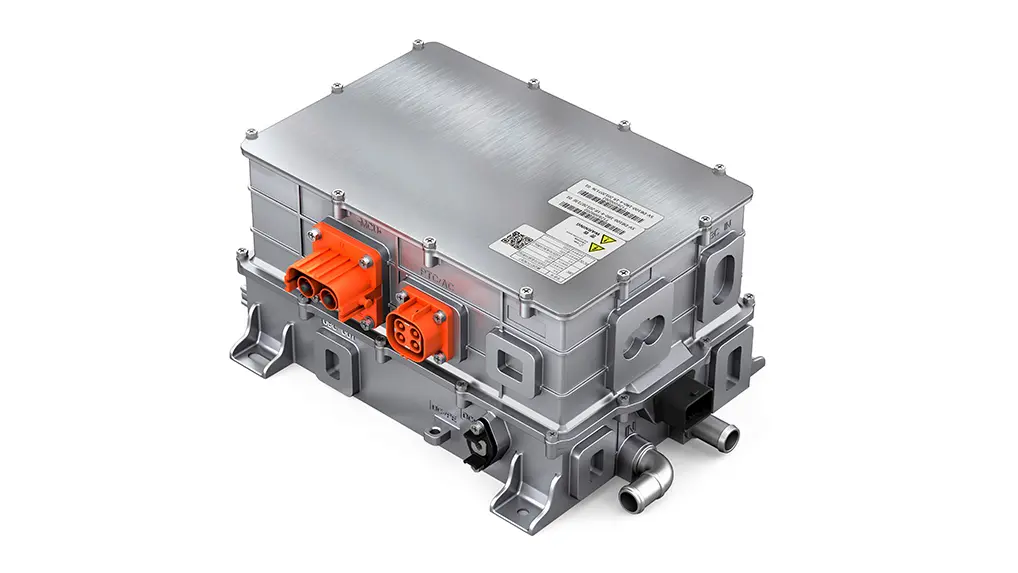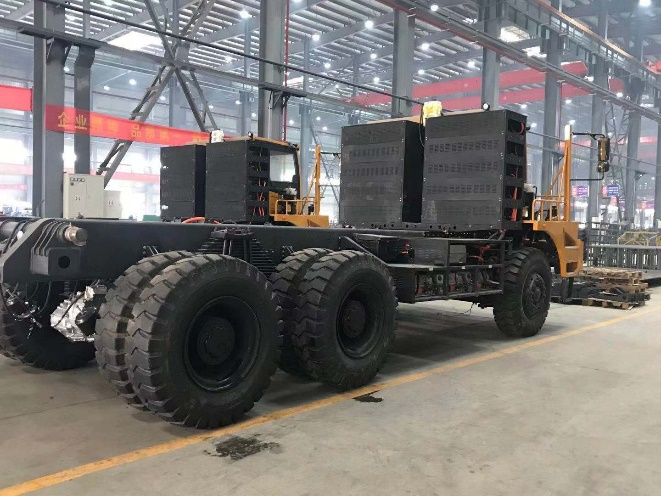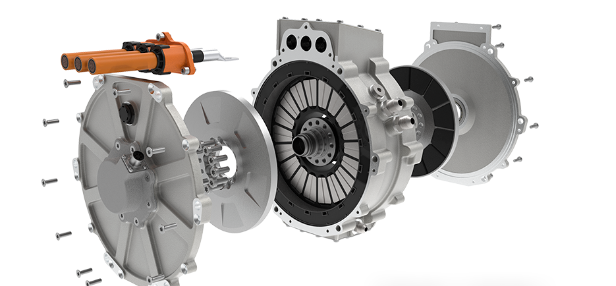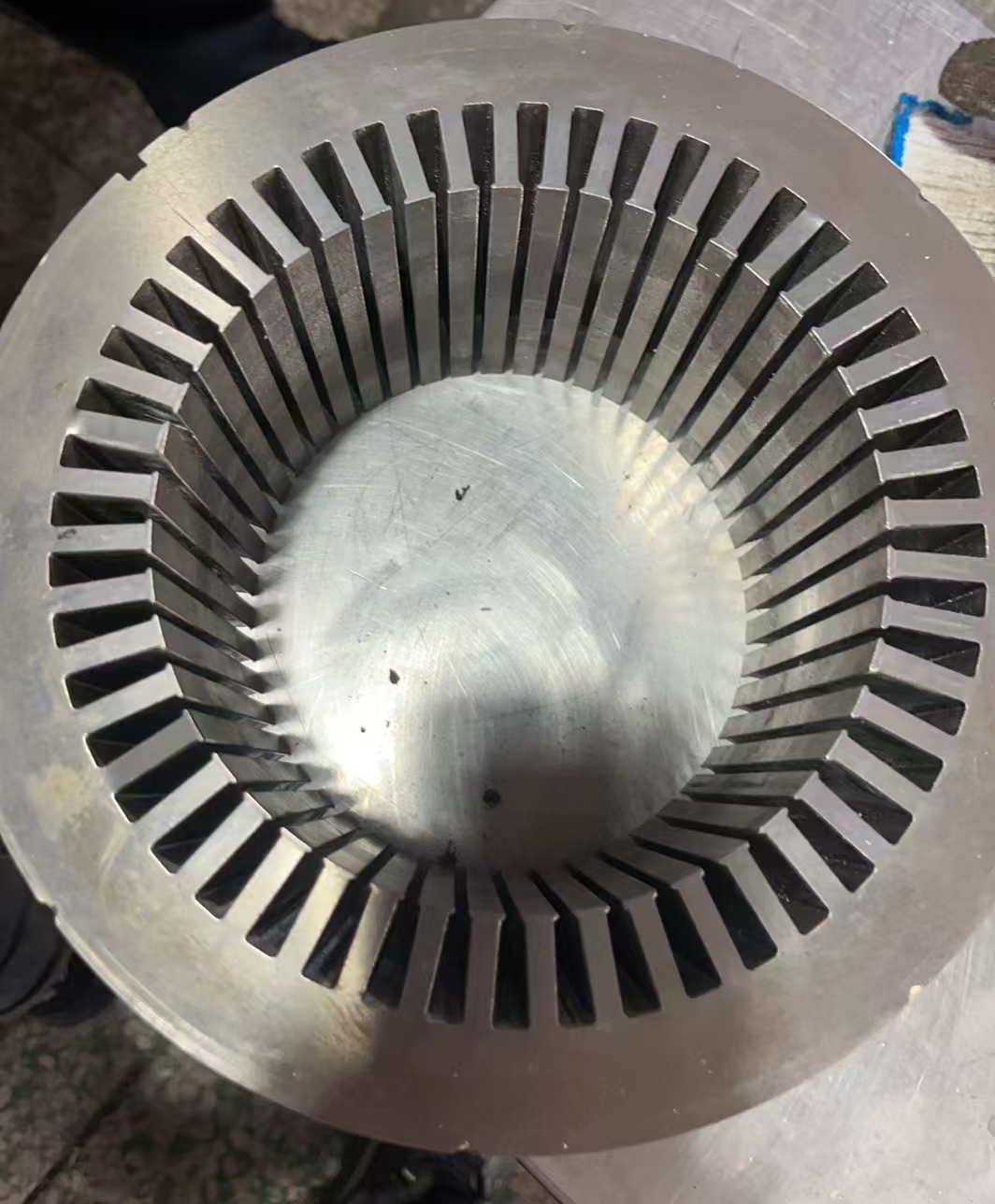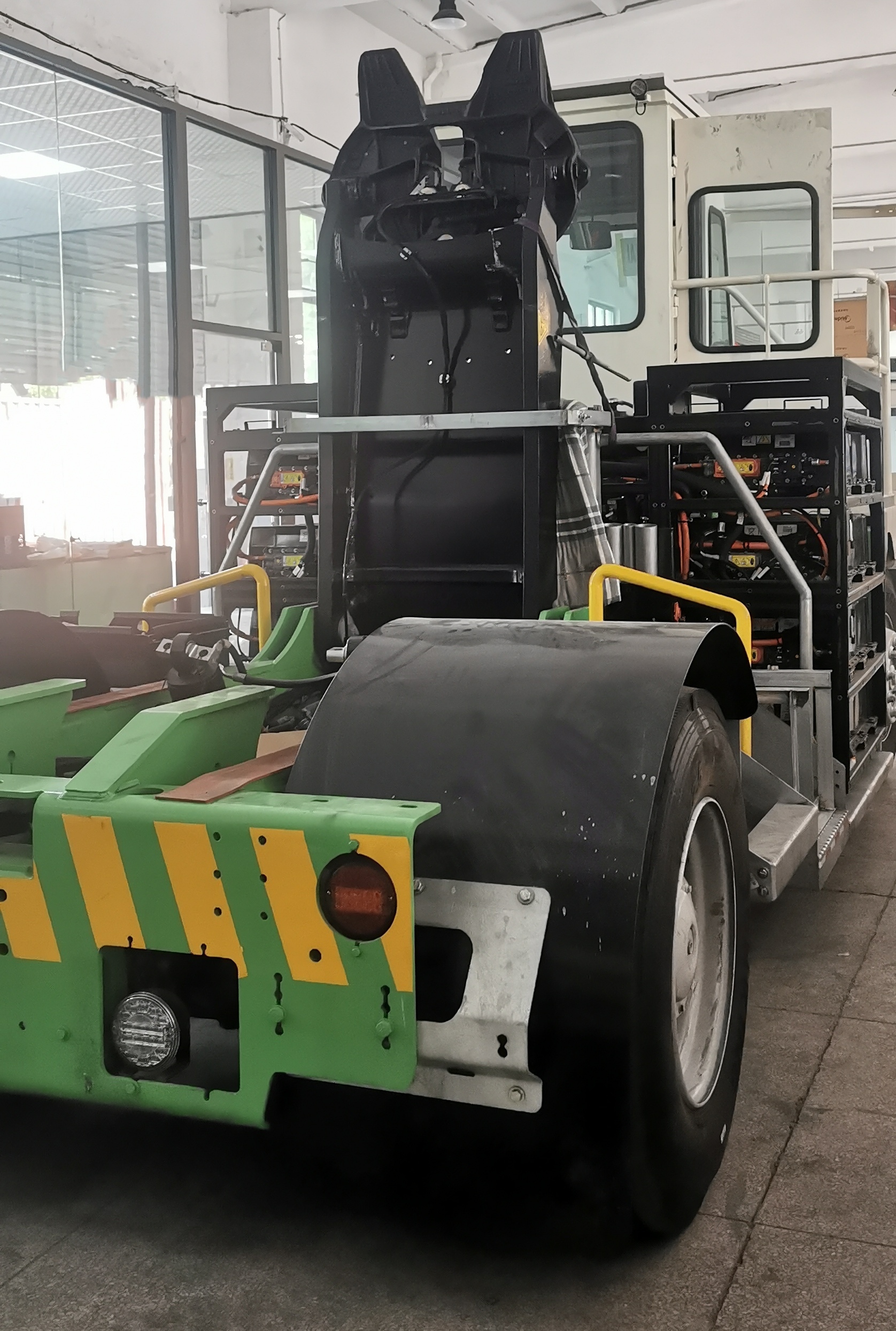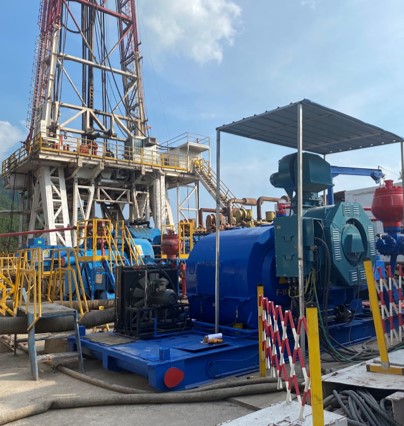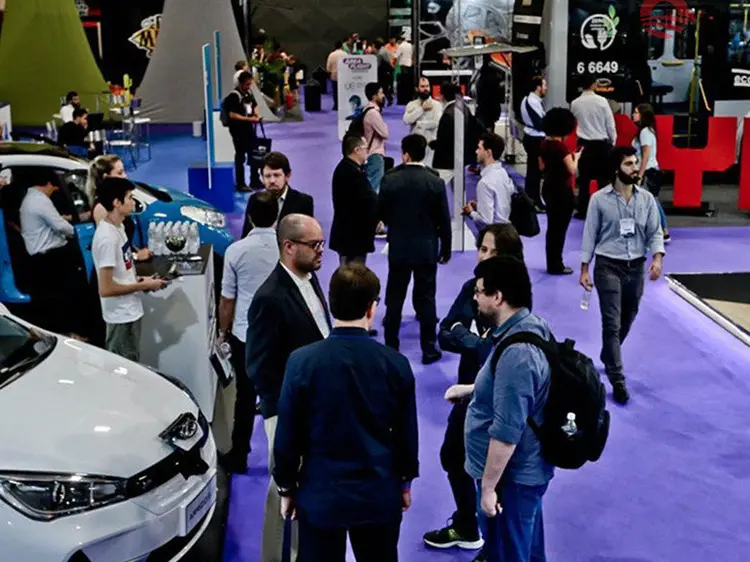High Performance EV Motor Controllers for Efficient Electric Vehicles
Introduction to Electric Vehicle Controllers and Their Role in EV Performance
The electric vehicle controller is essentially the brain of an EV. Unlike conventional vehicles that rely primarily on mechanical linkages and combustion engines, EVs require precise electronic management to convert electrical energy into controlled mechanical motion. A high-quality controller integrates multiple subsystems, including the battery management system (BMS), motor controller, and vehicle control unit (VCU), to orchestrate their operations seamlessly.
Controllers are responsible for regulating motor torque and speed while continuously optimizing energy usage. They receive real-time feedback from sensors monitoring voltage, current, temperature, and motor position, which allows for adaptive control strategies that maintain peak performance under varying conditions. Furthermore, controllers play a pivotal role in safety management. They detect anomalies such as overcurrent, overvoltage, and thermal excursions and can execute protective measures to prevent damage to the motor or battery. The integration of communication protocols like CAN bus ensures that the controller can exchange data efficiently with all subsystems, enabling predictive adjustments and real-time optimization.
In practice, a well-engineered EV controller can improve energy efficiency, extend battery life, and ensure smooth driving dynamics, making it a critical component in the EV ecosystem.
How EV Motor Controllers Enhance Efficiency in Electric Vehicles
The EV motor controller is one of the most influential components for optimizing efficiency in electric vehicles. By regulating how electrical energy is delivered to the motor, it directly affects range, performance, and driving comfort. One of the most impactful features of high-performance controllers is regenerative braking, where the motor functions as a generator during deceleration. Instead of dissipating kinetic energy as heat, it is converted back into electrical energy and stored in the battery. This not only reduces energy waste but can also improve overall driving range by up to 20%, particularly in urban driving conditions characterized by frequent stops.
In addition to energy recovery, controllers manage power conversion efficiency. They convert DC power from the battery to AC power suitable for motors such as Permanent Magnet Synchronous Motors (PMSM) or Brushless DC Motors (BLDC), ensuring minimal losses. High-precision torque control allows smooth acceleration and deceleration, which translates into energy savings and enhanced vehicle handling.
Thermal management is another critical aspect. Controllers monitor and regulate the temperature of both the motor and the electronics. Excess heat can reduce efficiency and accelerate wear on components. Advanced controllers integrate either liquid or air cooling systems, sometimes combining both approaches to achieve optimal thermal regulation even under prolonged high-load conditions. By maintaining stable operating temperatures, these systems allow the EV to perform consistently without sacrificing efficiency or component lifespan.
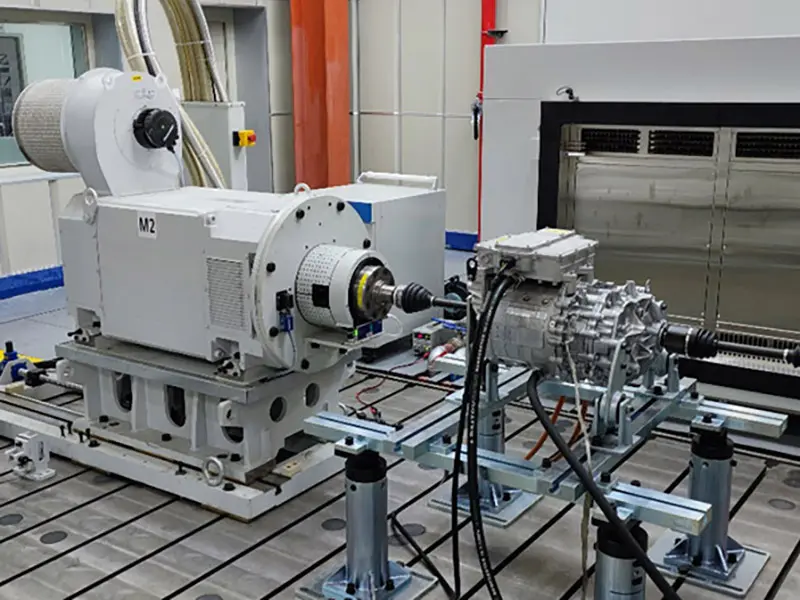
Key Components of a High-Performance Motor Controller for Electric Vehicles
A high-performance motor controller for electric vehicles is not a single device but a system composed of interdependent components that collectively determine the performance, efficiency, and reliability of an EV. The core elements include power electronics, which consist of high-voltage switching devices such as IGBTs (Insulated Gate Bipolar Transistors) and MOSFETs, responsible for efficiently controlling the energy flow between the battery and motor. The microcontroller unit (MCU) executes complex real-time algorithms, balancing torque output, energy optimization, and system safety.
Feedback from an array of sensors measuring current, voltage, speed, and temperature enables precise adjustments to motor operation, ensuring maximum efficiency and longevity. Cooling systems, whether air, liquid, or hybrid, are integrated to maintain thermal stability during high-performance operation. Communication interfaces such as CAN bus or Ethernet enable coordination with the BMS, telematics, and other vehicle electronics, ensuring the controller has access to real-time data and can execute predictive adjustments.
In certain high-end applications, manufacturers integrate additional features like onboard diagnostics, torque ripple reduction, and adaptive control algorithms. These ensure that the controller not only manages energy flow but actively enhances driving dynamics and user experience.
Choosing the Right EV Controller for Different Vehicle Types
Selecting the proper EV controller involves a careful assessment of vehicle type, motor characteristics, and performance expectations. Passenger EVs typically emphasize smooth acceleration, energy efficiency, and extended range. For commercial electric trucks, torque requirements are higher due to heavier payloads, and thermal management becomes a critical factor because of prolonged operation at high power levels. Motor type compatibility is essential. Controllers are optimized for specific motors, such as PMSM, BLDC, or AC induction motors. Selecting a mismatched controller can lead to suboptimal efficiency and reduced performance.
Performance expectations, such as acceleration, top speed, and driving range, should align with controller capabilities. Furthermore, integration with existing vehicle systems—including inverters, battery management units, and telematics—must be considered to ensure seamless operation. Controllers with flexible interfaces and adaptive algorithms provide a significant advantage, as they can adjust performance in response to driving style, environmental conditions, and battery state of charge.
Example of factors to consider when choosing an EV controller:
- Vehicle type and intended use (passenger, commercial, or industrial)
- Motor type and power rating
- Torque and speed requirements
- Battery voltage and chemistry compatibility
- Integration with inverters, BMS, and auxiliary systems
Making a thoughtful selection ensures that the controller not only meets technical requirements but also enhances energy efficiency and vehicle reliability.
Power Management and Inverter Integration in Electric Vehicle Controllers
Modern EV controllers increasingly combine power management and inverter functionalities within a single unit. This integration offers multiple advantages, including reduced weight, compact packaging, and improved overall efficiency. Integrated designs allow the controller to optimize power flow more effectively, reducing conversion losses that are inevitable when using separate components.
|
Feature |
Benefit |
Impact on EV Performance |
|
Space Integration |
Combines inverter & controller in one unit |
Reduces vehicle weight and installation cost |
|
Optimized Power Flow |
High-efficiency DC-AC conversion |
Improves energy efficiency and driving range |
|
Simplified Cooling |
Shared cooling infrastructure |
Enhances thermal management |
|
Maintenance Simplification |
Fewer components |
Reduces downtime and service complexity |
Wide-bandgap semiconductors, such as Silicon Carbide (SiC) and Gallium Nitride (GaN), are increasingly used in integrated inverters. These materials enable higher switching frequencies, lower losses, and better thermal performance compared to conventional silicon devices. The combination of integration and advanced materials allows EVs to operate at higher voltages and power levels with increased efficiency, extended range, and improved reliability.
Advanced Features and Smart Algorithms in Modern EV Motor Controllers
High-performance EV motor controllers incorporate sophisticated algorithms and features designed to improve performance, energy efficiency, and system longevity. Field-Oriented Control (FOC) is widely adopted to achieve precise torque and speed regulation. FOC ensures smooth operation and reduces energy losses during dynamic driving conditions. Model Predictive Control (MPC) anticipates future motor states and optimizes control signals to maintain efficiency even in varying load and speed conditions.
The incorporation of artificial intelligence (AI) represents a major step forward in modern controllers. AI systems analyze historical driving patterns, battery state, and environmental factors to optimize torque delivery, regenerative braking, and energy allocation. This adaptive capability allows EVs to maintain high efficiency across a wide range of driving scenarios. Controllers also feature real-time fault detection, torque ripple mitigation, and thermal adaptation mechanisms. Together, these technologies enable EVs to deliver superior performance, extend component lifespan, and improve user experience.
Key advanced features include:
- AI-driven energy optimization
- Predictive torque management
- Adaptive regenerative braking control
- Real-time diagnostics and fault management
These capabilities are especially valuable in high-performance or commercial EVs, where energy efficiency and reliability are critical.
Installation, Commissioning, and Maintenance Tips for EV Controllers
The performance of a high-end EV controller is maximized only when installation and maintenance are properly executed. Installation requires secure mounting, accurate wiring, and appropriate thermal management. Commissioning involves calibration of sensors and control parameters, followed by test drives to verify performance under various operating conditions.
Regular maintenance is essential to sustain controller efficiency. This includes cleaning cooling systems, performing firmware updates, and monitoring for signs of wear or electrical degradation. Neglecting these steps can result in reduced driving range, increased energy loss, or premature failure of motor and battery components.
Future Trends and Innovations in Electric Vehicle Motor Control Technology
The evolution of electric vehicle motor controllers is characterized by greater integration, smarter algorithms, and enhanced materials. Controllers are increasingly combining inverters, chargers, and motor management in a single compact module, reducing weight and simplifying vehicle architecture. Wide-bandgap semiconductors such as SiC and GaN allow higher efficiency and lower thermal losses, enabling more powerful yet compact systems. Advanced cooling methods, including liquid immersion and hybrid approaches, help maintain consistent performance under demanding conditions.
Artificial intelligence and machine learning algorithms are expected to further enhance energy management, predictive maintenance, and adaptive torque control. These innovations will enable vehicles to adjust dynamically to driver behavior, road conditions, and traffic patterns, further improving efficiency and driving experience. As controllers continue to evolve, the potential for increased driving range, reduced energy consumption, and improved vehicle reliability will accelerate the adoption of electric vehicles worldwide.
Frequently Asked Questions (FAQ)
Q1: What is the role of an EV motor controller?
An EV motor controller regulates power flow between the battery and motor, managing torque, speed, and energy usage to ensure efficient operation.
Q2: How does regenerative braking improve efficiency?
Kinetic energy is converted into electrical energy during deceleration and stored in the battery, increasing driving range and reducing energy loss.
Q3: What is the difference between a motor controller and an inverter?
A motor controller manages the motor’s performance, while an inverter converts DC power from the battery to AC for the motor.
Q4: How do AI algorithms improve EV motor control?
AI analyzes driving patterns and environmental conditions, optimizing torque allocation, regenerative braking, and energy use for improved efficiency.
Q5: What maintenance is required for EV motor controllers?
Regular inspections, cooling system maintenance, and firmware updates are essential to sustain performance and longevity.
Conclusion
High-performance EV motor controllers are essential to achieving efficient, reliable, and responsive electric vehicles. By understanding their components, advanced algorithms, integration strategies, and proper maintenance, manufacturers and operators can optimize vehicle performance, extend battery life, and enhance the overall driving experience. Future innovations in AI-driven control, wide-bandgap semiconductor technologies, and integrated designs promise even greater efficiency, longer driving range, and more intelligent EV systems, driving the continued growth of sustainable transportation.









